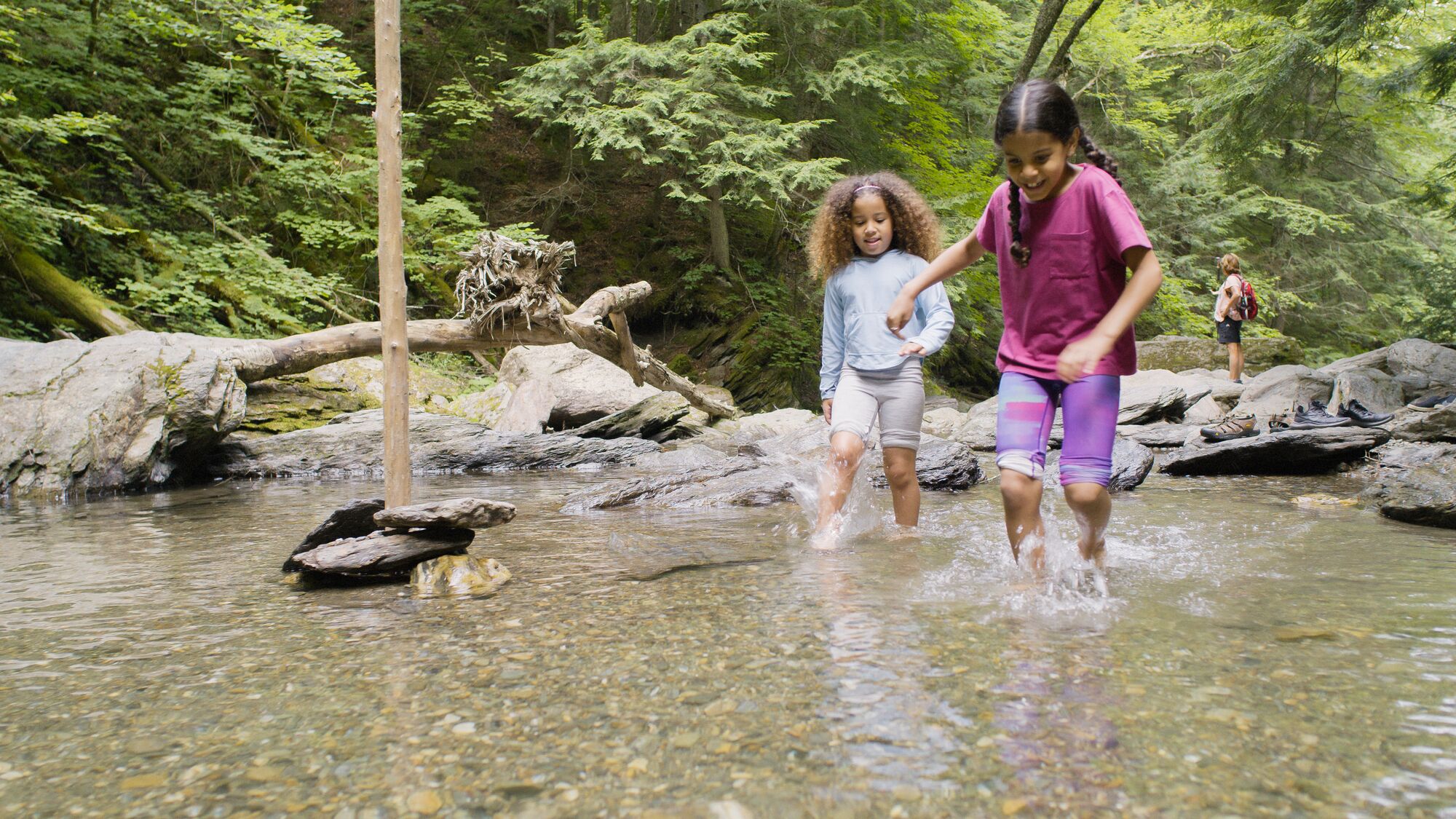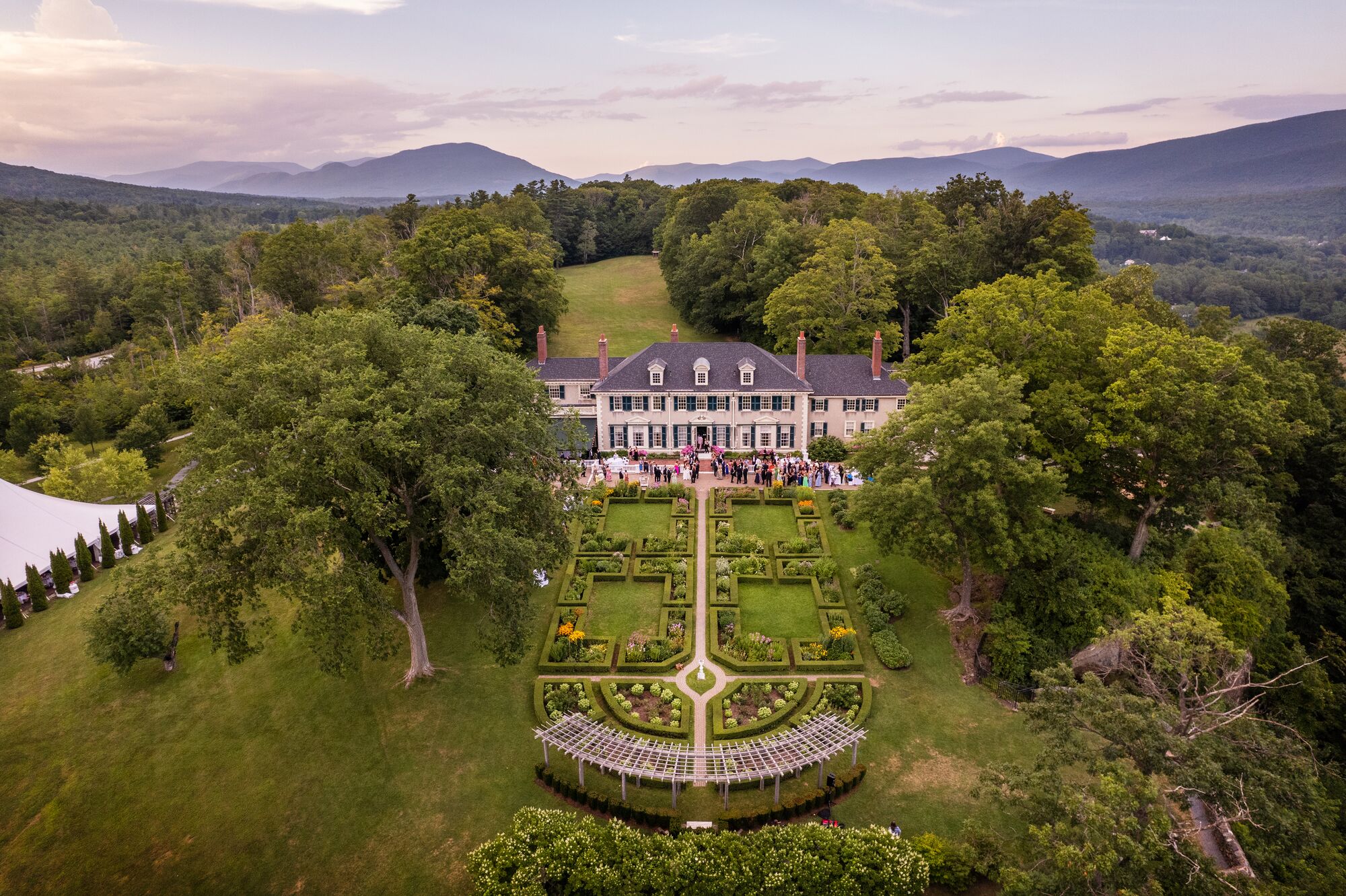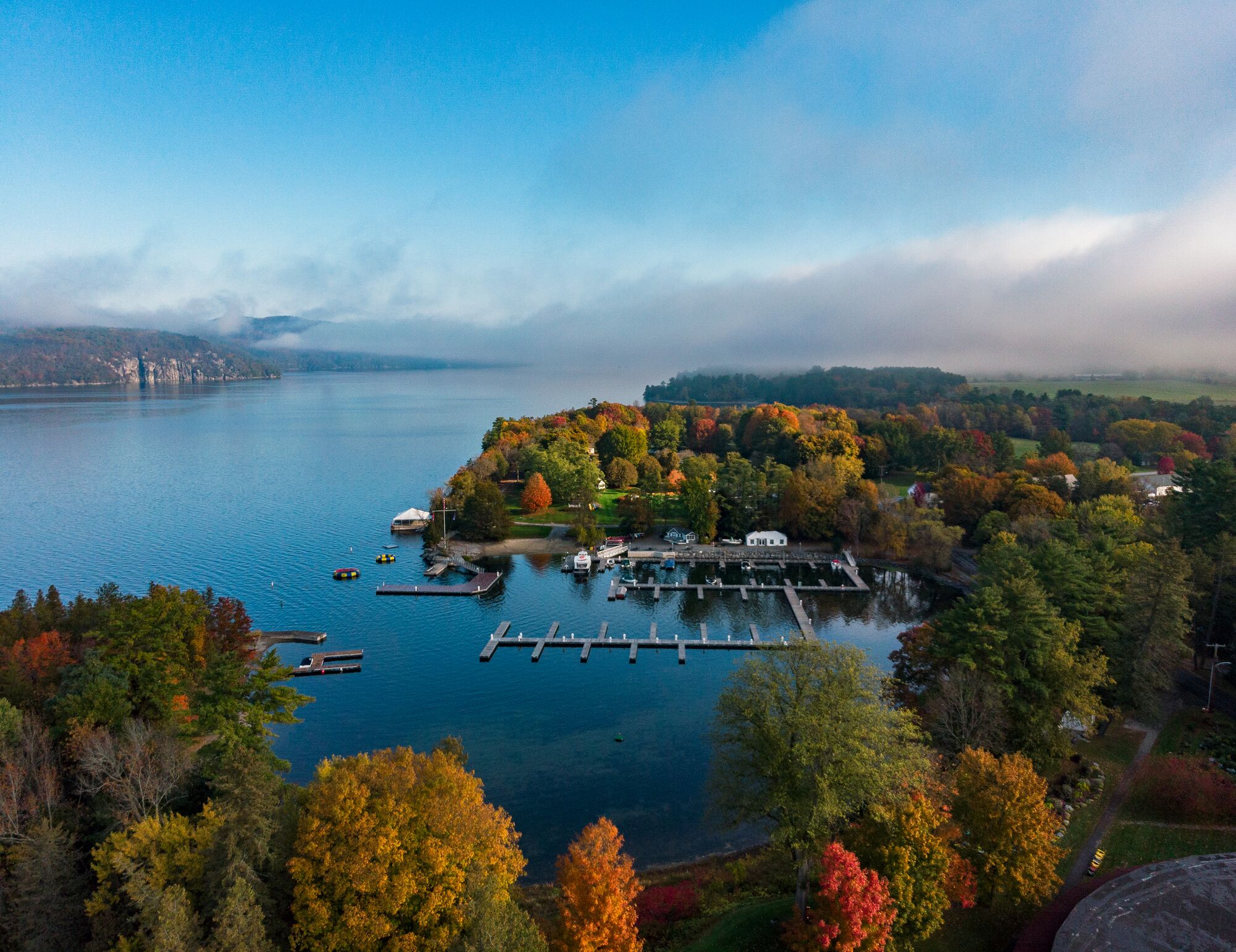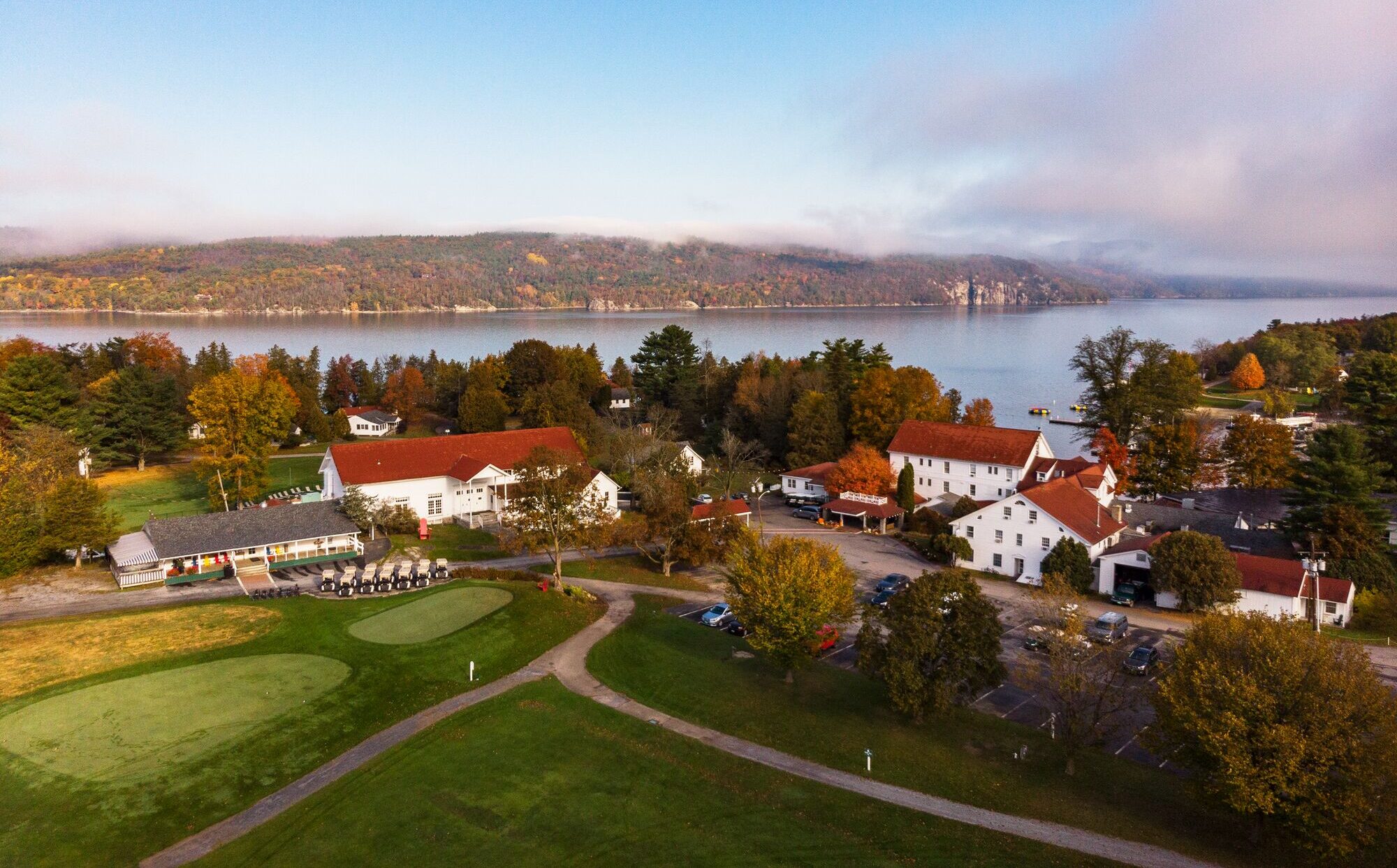Affinity Groups in the Great Outdoors
Affinity Groups Offer a Safe and Fun Way to Explore Vermont’s Great Outdoors
By Debbie Archer
There are two things that help me stay healthy and happy in Vermont. One is to find a reason to get outside every season, in the spirit of the old rhyme Whether the Weather. Summer in Vermont makes this gloriously easy, with lush green mountain tops beckoning hikers to the summit and cold streams offering a reprieve from July’s heat. The second thing is finding other folks who are excited to revel in the joy of the outdoors with you, in whatever way you choose. Ideally, these folks will help hold you accountable to your commitment to go outside, say, when it’s cold out for that full moon snowshoe hike or when mud season has made trails impassable so you go for a bike ride on the rail trail. Some of Vermont’s seasons make it harder to get out of bed than others, but when I have made a commitment to other folks, that is often the edge I need to get in my base layers on a Saturday morning in January. And the commitment doesn’t have to be made to a group of people you know well, but could be to a group of folks who share a similar background and offer an opportunity for camaraderie, safety, and understanding. Increasingly, affinity groups are creating avenues for people of color, people with disabilities, people from the LGBTQIA+ community, and others who have been underserved and underrepresented by the outdoor industry to get outside and explore Vermont’s outdoors.
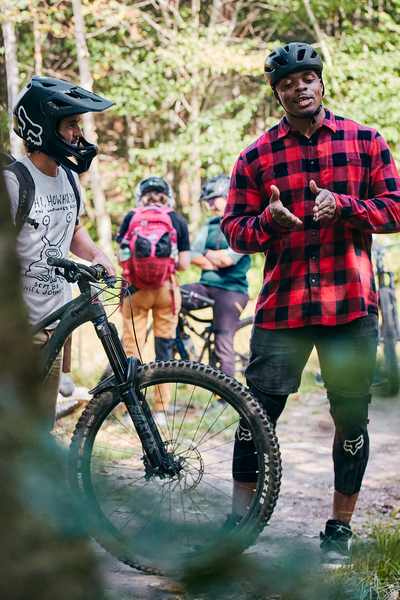
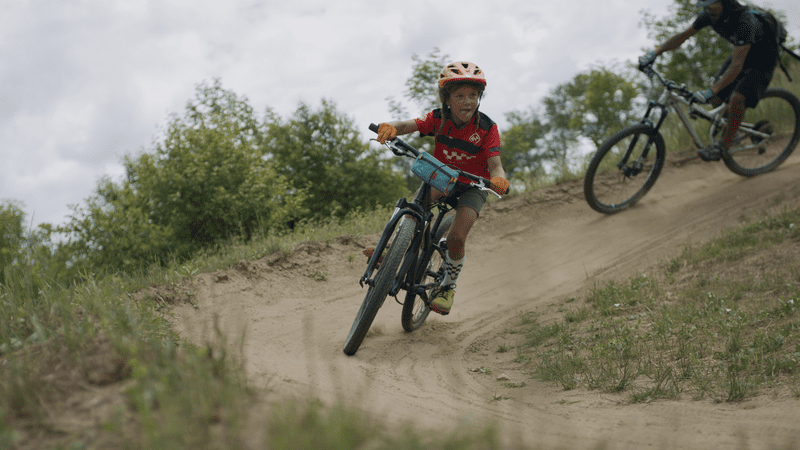
Programs that strive for inclusive access to the outdoors, that provide a level of safety to participants, and that lower barriers of entry to outdoor recreation will help more Vermonters and visitors to Vermont get outside any time of year.
Making friends and meeting other people of color was the hardest part of living in Vermont. That is, until I started noticing outdoor affinity group meet-ups around the state. In January of 2021, a friend invited me to an Inclusive Ski Day at the Craftsbury Outdoor Center. Organizers provided an information session on what to wear and bring beforehand and then day passes, cross- country ski gear, and lessons if needed to attendees the day of. I took my ski-swap-purchased gear to the event and got helpful advice on how to improve my stride. I also had one of those funny post-pandemic moments where you meet someone in person whom you’ve only ever seen on Zoom until then. It is hard to describe how relaxed it felt to be in the company of other BIPOC skiers out in the Northeast Kingdom. It’s as if there was always a sound of static in the background and an underlying feeling of tension that was turned off and I noticed the quiet. I thoroughly enjoyed myself down to my bones.
At that first ski event, I also met Sung-Hee Chung, the founder of Powered Magazine, a lifestyle brand devoted to showing not just representation in the outdoors, but BIPOC folks finding joy in the outdoors. Powered’s mission is to magnify the full spectrum of identities that represent outdoor lovers and to promote physical, mental, and social wellbeing in communities of color through engagement in the outdoors. In the organization’s own words, “Powered Magazine strives to build equitable outdoor space for all and to expand participation in outdoor recreation.”
Increasingly, affinity groups are creating avenues for people of color, people with disabilities, people from the LGBTQIA+ community, and others who have been underserved and underrepresented by the outdoor industry to get outside and explore Vermont’s outdoors.
Since I met Sung-Hee last winter I have enjoyed outings organized by Powered Magazine in every season. She is a passionate advocate for increasing access to the outdoors for youth and people of color. She is also highly motivating and I now have a weekly ski partner all winter long. I was honored to co-host two free birding events, with binoculars provided, put on by Powered and Audubon Vermont, where I work.
After one such event where we rode bikes from Local Motion and birded along the Burlington Bike Path to Rock Point, the group of us made a plan to meet at the Lake Champlain Community Sailing Center the following weekend to kayak to the same point. Powered organized kayaks for us and we paddled out onto the water just in time for the lake to go from perfectly calm to waves and wind battering our hulls, sending water crashing into our cockpits for a thorough soaking. Staff from the sailing center were great and came out to us on a motorboat, asking if we wanted to be towed in. We each let him know we were alright to make it in of our own power, at which point I proceeded to shout sea shanties into the wind, loving every second.
Programs with Powered also helped me get back to activities that weren’t new to me but were things that I hadn’t practiced recently like lap swimming and rock climbing. Powered’s “Inclusive Water Time” program brings BIPOC swimmers and non-swimmers together in a pool, to learn to swim or to improve their confidence and skills with an instructor. Swimming is such an important pastime in Vermont, everyone should have the opportunity to take lessons and to be comfortable in or on the water. Petra Cliffs in Burlington provided a good time for a group of us to climb indoors and outdoors, something I had been wanting to do since I moved here. The organized days of climbing meant that I didn’t have to feel embarrassed about being out of practice, because the other climbers ranged in skill level as well. It was empowering to have folks cheer each other on as we reached higher and higher up the wall.
Affinity groups like Powered Magazine provide opportunities that are scaffolded to support folks to either try something new in a low-risk way or to participate with others without judgment. Programs that strive for inclusive access to the outdoors, that provide a level of safety to participants, and that lower barriers of entry to outdoor recreation will help more Vermonters and visitors to Vermont get outside any time of year.
About Debbie Archer
This blog was created in partnership with Powered Magazine and the Vermont Department of Tourism and Marketing. Powered Magazine strives to build equitable outdoors for all and is dedicated to increasing access and creating opportunities to engage in the outdoors, to improve the mental, physical, and social health of Black, Indigenous, and People of Color. Debbie Archer is an outdoor educator and nature enthusiast living in central Vermont. When she was young, after a family vacation to the Green Mountain State, she decided she would live in Vermont when she was older, on a farm so she could raise cats and retired race horses. Still unsure where the childhood idea came from, her tiny homestead in town is currently home to her loving partner Ira, four cats, a dog, and a small backyard flock of chickens. No retired race horses yet.
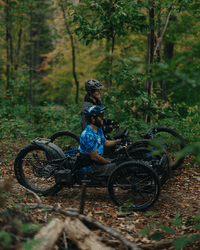
LGBTQ+ Travel
LGBTQ+ TravelBIPOC Vermonters in the Outdoors
BIPOC Vermonters in the OutdoorsAccessible Travel
Accessible Travel